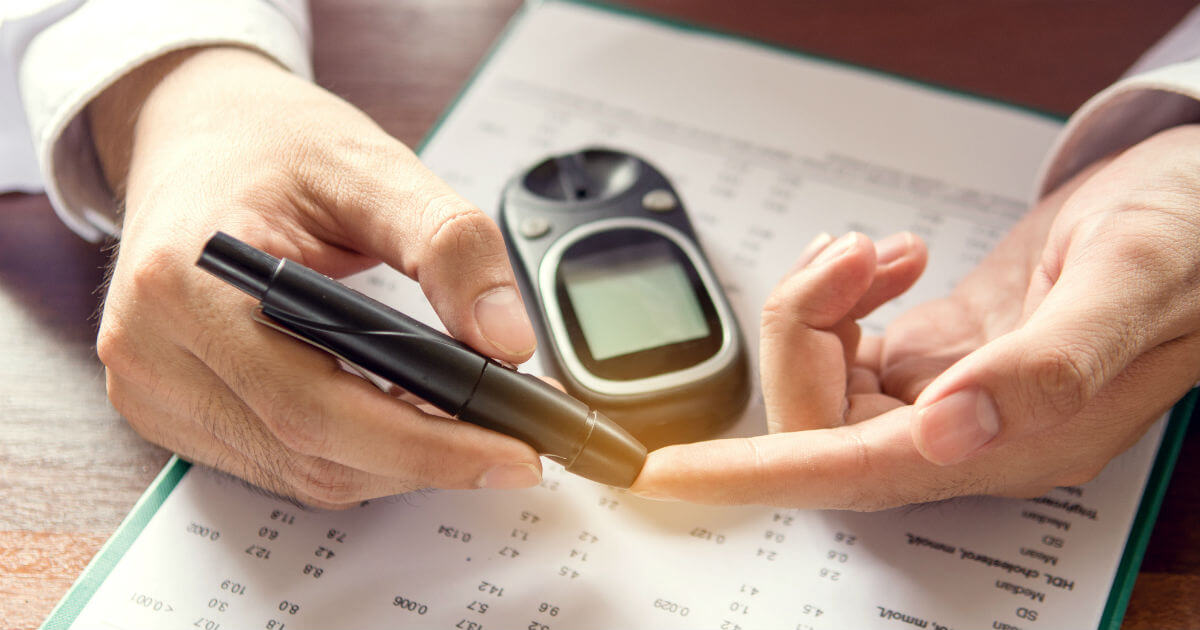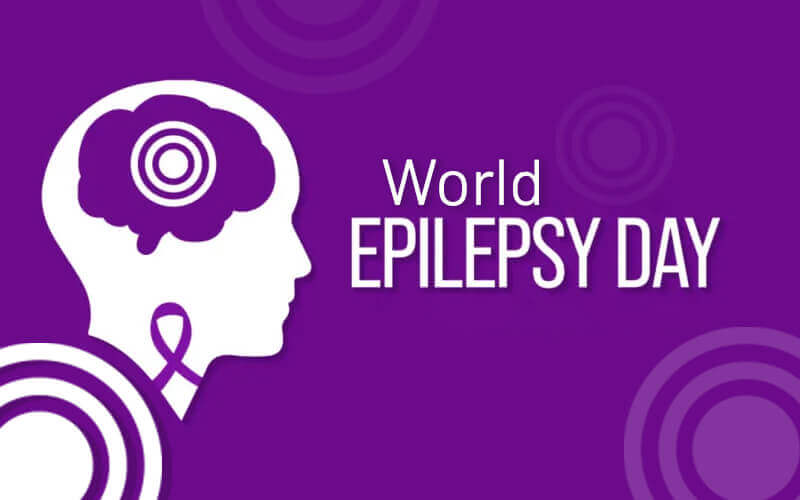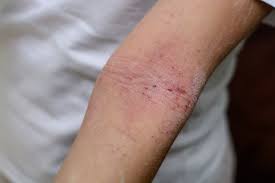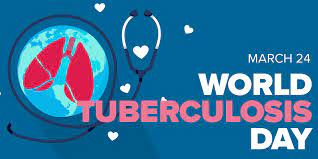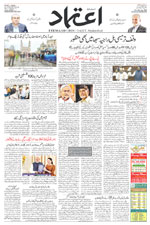Video selfies of brushing may improve oral health: study
Fri 12 Aug 2016, 11:10:19
Recording smartphone video selfies of brushing teeth may help people learn techniques on how to improve their oral health, a new study suggests. While most people have the ability, motivation and desire to brush their teeth properly, they often do not because of improper techniques. Opportunities to improve such skills can also be few, researchers said.
"Often, tooth-brushing is learned and practiced without proper supervision. Changing tooth brushing behaviours - which are ingrained habits tied to muscle memory - can take a lot of time and guidance," said Lance T Vernon from Case Western Reserve University in the US.
"Our study suggests that, in the future, recording these selfies can help shift some of this time investment in improving brushing technology. Patients can then receive feedback from dental professionals," said Vernon.
Before the study, researchers assessed and corrected participants' brushing habits until each were able to demonstrate proper technique. During the study, they were scored on time spent brushing and skill mastery, including brushing in a circular motion,
obtaining a 45-degree angle while brushing facial surfaces of teeth and correct positioning of the arm.
obtaining a 45-degree angle while brushing facial surfaces of teeth and correct positioning of the arm.
Using smartphones propped on stands, participants filmed their brushing at home.
Researchers saw an increase in the accuracy of brush strokes, an increase in number of strokes and an overall 8 per cent improvement in tooth-brushing skill - but the length of time a person brushed did not change.
The very act of recording a selfie may disrupt ingrained habits, making participants conscious of their brushing and reinforced staples of behaviour change, including the process of memory formation, association and creating new muscle memory, researchers said.
"Video and picture selfies are increasingly used in medical fields to assess, monitor and determine the progression of diseases and effectiveness of treatment - a new area of gathering data known as mobile health, or "mHealth," said Vernon. "To our knowledge, this is the first report using selfies to study tooth-brushing behaviour," he said.
The findings were published in the Indian Journal of Dental Research.
No Comments For This Post, Be first to write a Comment.
Most viewed from Health
AIMIM News
Latest Urdu News
Most Viewed
May 26, 2020
Do you think Canada-India relations will improve under New PM Mark Carney?
Latest Videos View All
Like Us
Home
About Us
Advertise With Us
All Polls
Epaper Archives
Privacy Policy
Contact Us
Download Etemaad App
© 2025 Etemaad Daily News, All Rights Reserved.

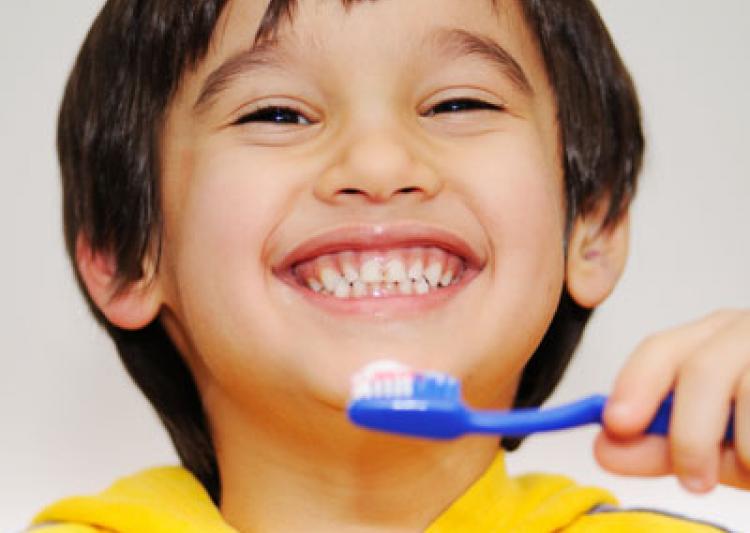
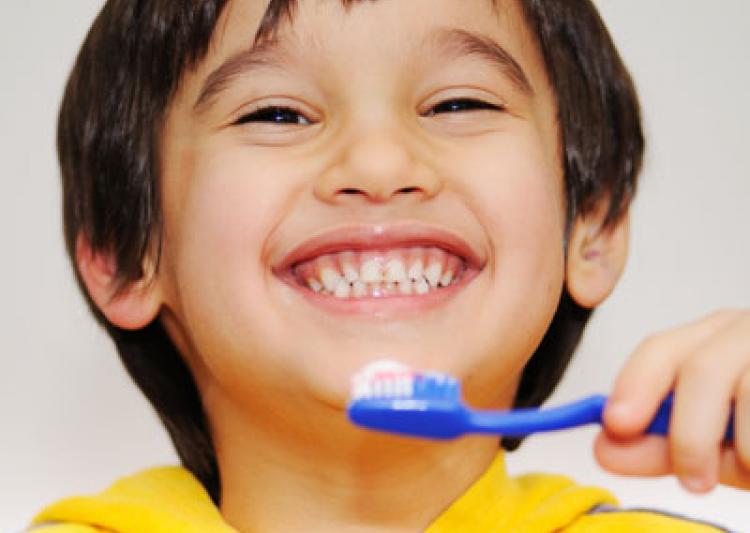



.jpg)
